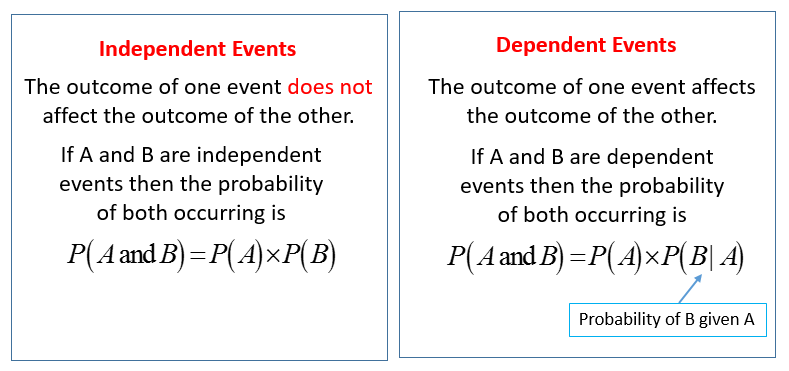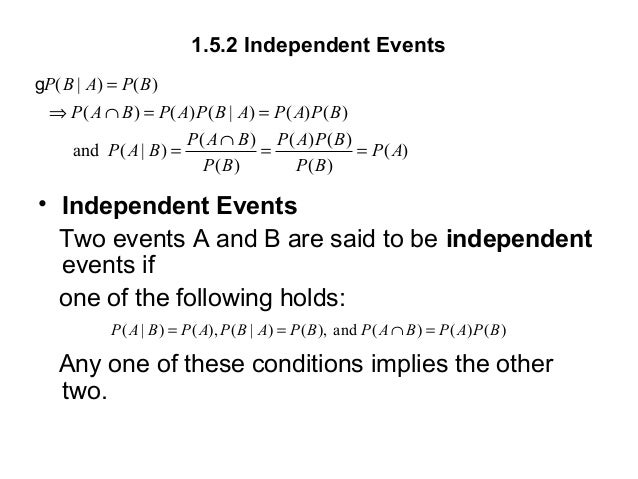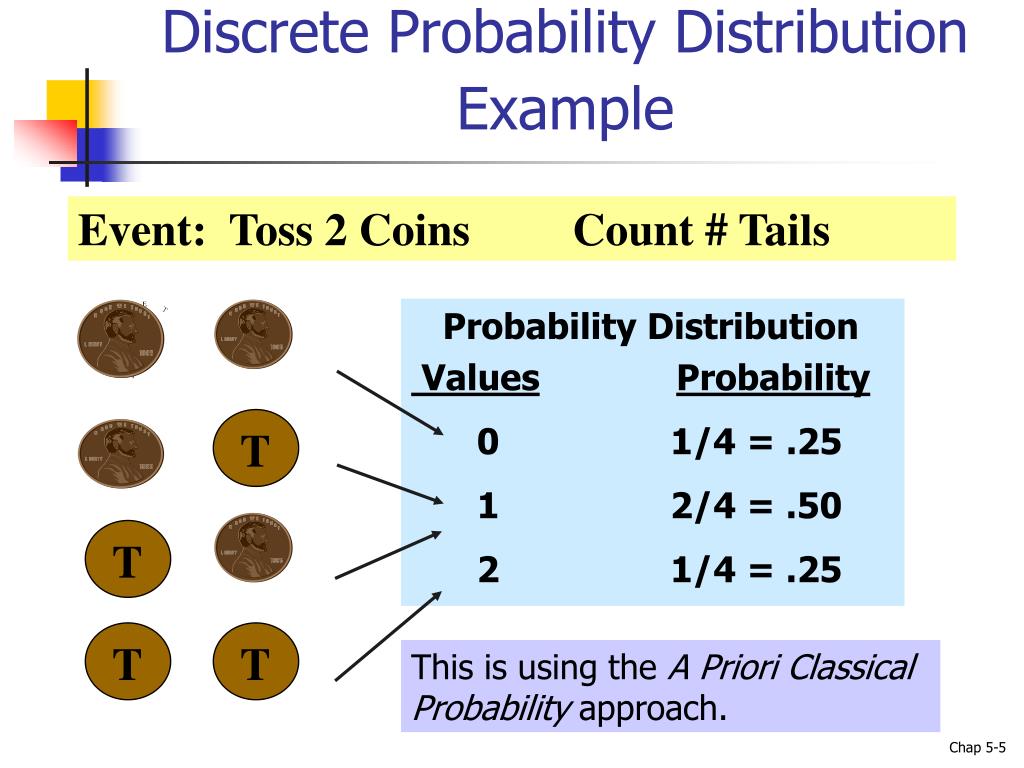Probability independent events dependent algebra
Table of Contents
Table of Contents
Have you ever wondered about the likelihood of two independent events occurring simultaneously? It’s a complex topic, but an important one to understand. In this article, we’ll dive deep into the world of probability and explore the nuances of two independent events occurring at the same time.
Pain Points
Probability can be a daunting subject, but it’s essential to many real-life situations, including risk management, insurance, and investment analysis. Many people struggle with the concept of independent events occurring simultaneously, and the mathematics involved can be confusing.
Answering the Target
The target of this article is to help readers understand the probability of two independent events occurring simultaneously. By breaking down the concept into digestible sections and providing real-world examples, readers will have a better grasp of the topic.
Main Points
We’ll cover the basics of probability, including independent and dependent events. Then we’ll dive into how to calculate the probability of two independent events occurring simultaneously. We’ll also explore real-world examples to help illustrate the concept. Finally, we’ll answer some frequently asked questions related to this topic.
Probability Of Two Independent Events Occurring Simultaneously
When I was in high school, I remember learning about probability, and I was always fascinated by the concept of independent events. The idea that two events could occur simultaneously without any influence from one another seemed like pure chance.
However, there is a precise mathematical formula for calculating the probability of two independent events happening at the same time. Essentially, you multiply the probability of the first event by the probability of the second event.
 For example, let’s say you’re flipping a coin and rolling a die. The probability of getting heads on the coin flip is 0.5 (or 50%), and the probability of rolling a 3 on the die is 0.1667 (or 16.67%). To calculate the probability of getting both heads and rolling a 3, you multiply 0.5 by 0.1667, which equals 0.08335 (or 8.335%).
For example, let’s say you’re flipping a coin and rolling a die. The probability of getting heads on the coin flip is 0.5 (or 50%), and the probability of rolling a 3 on the die is 0.1667 (or 16.67%). To calculate the probability of getting both heads and rolling a 3, you multiply 0.5 by 0.1667, which equals 0.08335 (or 8.335%).
Real-World Examples
In the real world, probability and independent events play a significant role in risk management and insurance. Insurance companies use probability to calculate the likelihood of an event happening and then determine the appropriate premium to charge their customers.
For example, let’s say you’re insuring your car. The insurance company will take into account an array of factors, including your driving history, age, and location. They’ll then use probability to determine the likelihood of you getting into an accident and calculate the premium based on that probability.
 ### Understanding Probability
### Understanding Probability
Probability is a concept used to describe the likelihood of an event occurring. It can range from 0 (representing an impossible event) to 1 (representing a sure thing).
When dealing with independent events, you must remember that the outcome of one event has no bearing on the outcome of the other. That means that each event’s probability remains the same, regardless of whether the other event occurred or not.
 #### Applying Probability Theory
#### Applying Probability Theory
Probability theory has wide-ranging applications in fields like insurance, investments, weather forecasting, and sports analysis. In each of these fields, probability is used to calculate the likelihood of an event occurring and then make decisions based on that probability.
For instance, in sports analysis, odds and probability are used to determine betting lines for games and matches. Professional handicappers look at the statistics, player performance, and other factors to calculate the likelihood of an event occurring and assign an appropriate betting line.
Frequently Asked Questions
Q: What is the difference between independent and dependent events?
A: Independent events are events whose outcome does not affect the outcome of another event. Dependent events are events whose outcome does affect the outcome of another event.
Q: How do you calculate the probability of two independent events occurring?
A: To calculate the probability of two independent events occurring, you multiply the probability of the first event by the probability of the second event.
Q: What are some real-world examples of probability and independent events?
A: Risk management, insurance, and sports analysis all utilize probability and independent events to make decisions.
Q: Why is understanding probability and independent events important?
A: Understanding probability is essential in many real-life situations, including risk management, insurance, and investment analysis. It allows us to make informed decisions based on the likelihood of an event happening.
Conclusion of Probability Of Two Independent Events Occurring Simultaneously
Understanding the probability of two independent events occurring simultaneously can be a daunting task, but it’s essential in many real-life situations. By breaking down the concept into digestible sections, providing real-world examples, and answering frequently asked questions, we hope this article has helped you better understand this complex topic.
Gallery
Dependent Events (solutions, Examples, Videos)

Photo Credit by: bing.com / probability formulas outcome
Dependent And Independent Events Probability Algebra 2 Regents - YouTube

Photo Credit by: bing.com / probability independent events dependent algebra
Probability-Independent And Dependent Events - YouTube

Photo Credit by: bing.com / independent probability dependent events
Probability And Random Variable Lecture(3)

Photo Credit by: bing.com / probability
Question Video: Finding The Probability Of One Of Two Independent

Photo Credit by: bing.com /






